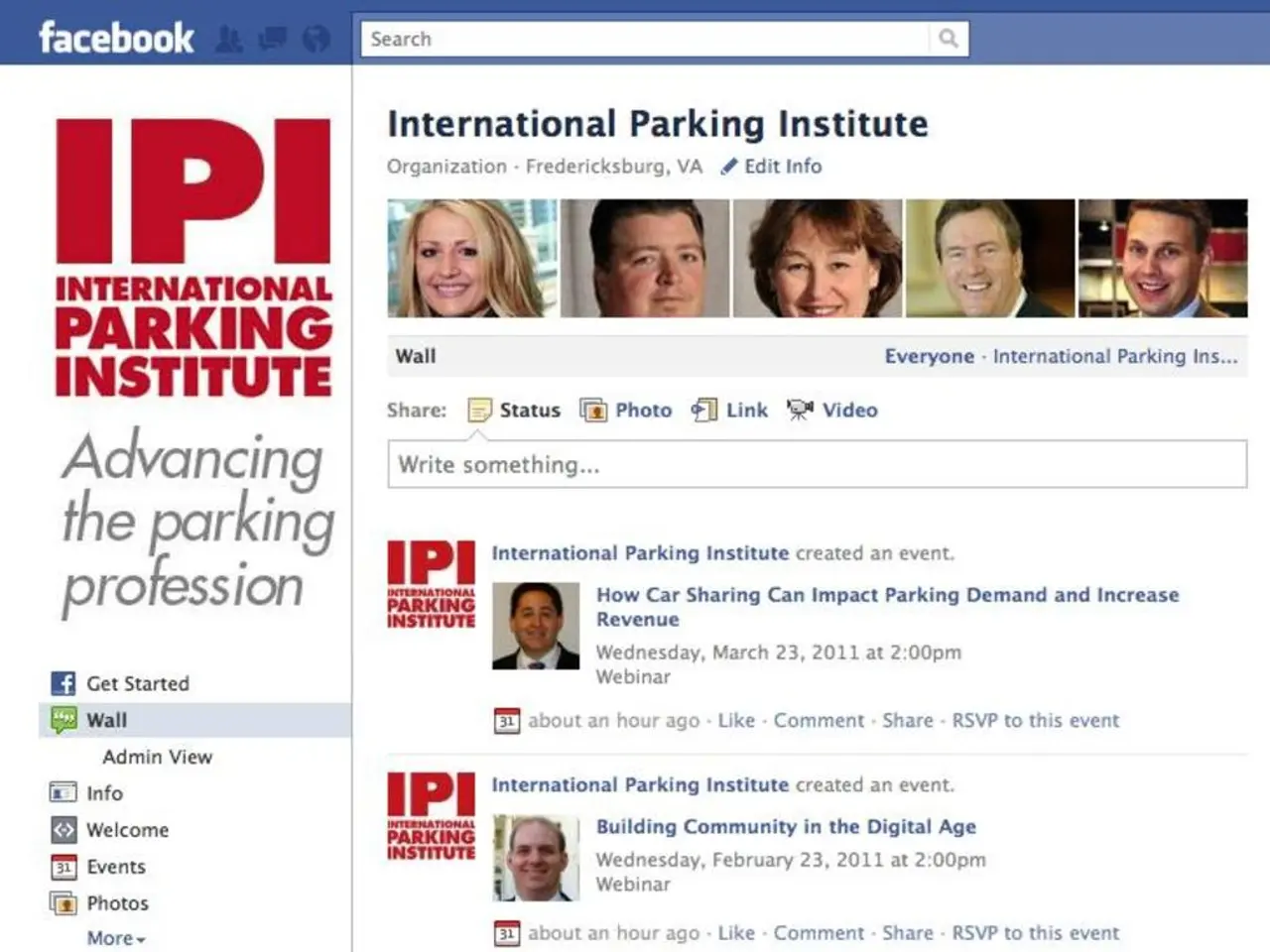"MEA Stands Firm On Merit-Based Treatment for Indian Nationals Regarding US Visa Social Media Policy"
Bold New US Visa Rules Stir Controversy Among Indian Students
The Ministry of External Affairs (MEA) has spoken out against the US's recent visa guidelines, requiring student applicants to reveal their social media identities. In a media briefing, MEA spokesperson Randhir Jaiswal stressed the importance of treating Indian students fairly, as Indian citizens aiming to study abroad should be evaluated based on their individual merits.
"We've seen the new visa application requirements from the US embassy, mandating the provision of social media usernames," Jaiswal stated in the briefing. "But it's crucial that every Indian national's application is evaluated solely on its own merits."
These new guidlines came into effect this week, with the US embassy beginning to process F, M, and J category nonimmigrant student visas. Applicants must now disclose, on the DS-160 form, all social media handles they've used in the last five years. Moreover, the embassy advises making social media accounts public to facilitate background checks.
Jaiswal reiterated India's position that visa and immigration issues fall under the sovereign powers of countries, while reiterating the need for equal treatment for Indian citizens. The move has raised concerns over privacy, potential for undue scrutiny, and its effects on Indian students, who make up a significant portion of the United States' international student population.
It's crucial for Indian applicants to thoroughly review their social media activities and ensure truthful disclosure, lest they face visa denial or future ineligibility due to non-compliance. The new rules represent a stricter vetting process for international students, including those from India, underpinning a broader US policy aiming to improve national security through social media screening.
Additional Insights:
- The US is implementing these measures in an effort to increase security and enhance the integrity of the visa process [1][3][5].
- Screening of applicants' online activities will focus on determining if they have shown hostility, support for terrorism, violence, or unlawful harassment, with examples like support for Hamas [4].
- Jeopardized privacy, self-censorship, and increased scrutiny are concerns among many Indian students [2].
- The new U.S. visa regulations tighten screening for foreign students, including numerous students from India.
- "In response to the new US visa guidelines, the Ministry of External Affairs (MEA) emphasized the need for Indian students' applications to be evaluated based on their individual merits, highlighting the importance of fair treatment in the context of policy-and-legislation and general-news."
- "Amidst concerns over privacy and the potential for undue scrutiny, it's essential for Indian applicants to carefully review their social media activities and ensure truthful disclosure, demonstrating awareness of the stricter vetting process that falls under the broader US policy-and-legislation and politics."





